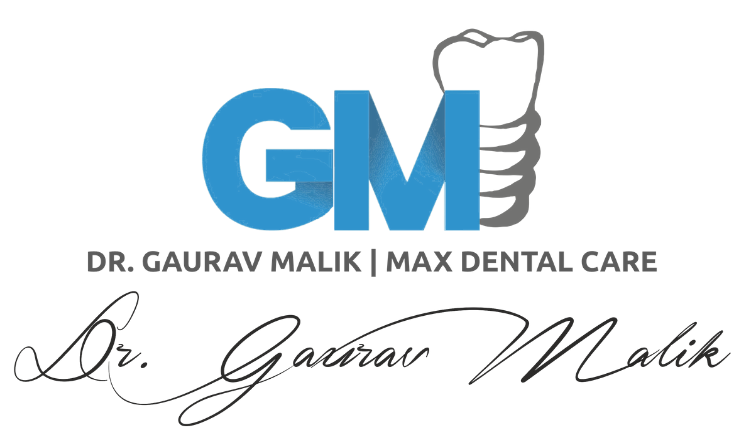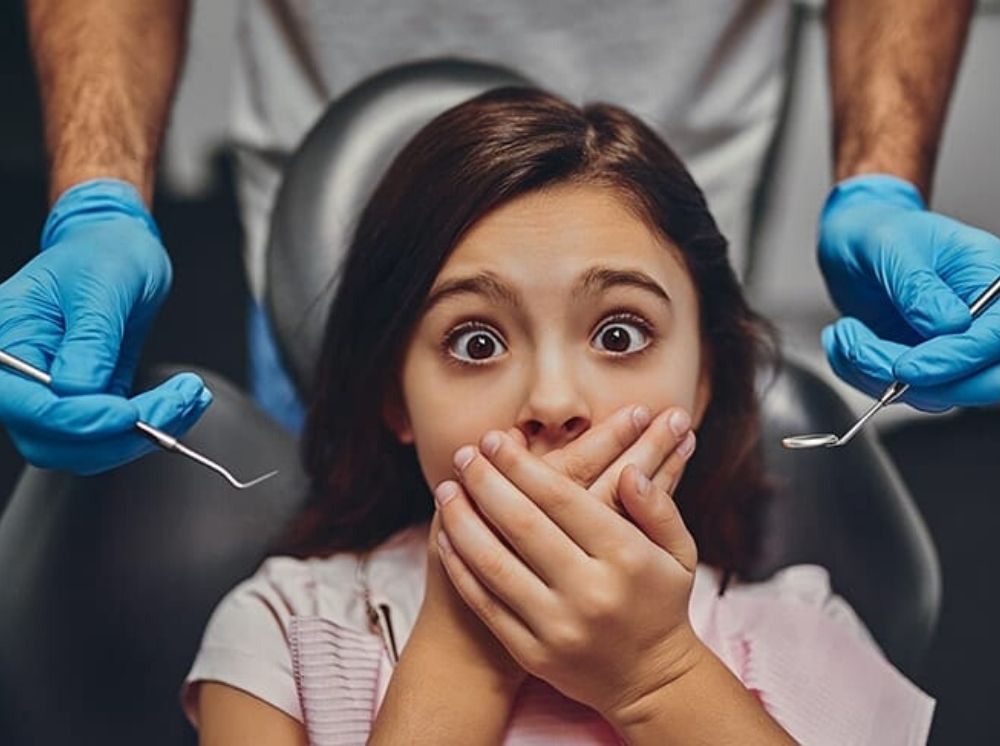So, why do we fear the dentist? It is one of the most common phobias in the world also known as “Dentophobia”. But do we really understand the dental procedures or do we really need to fear going to the dentist.
People fear going to the dentist for several reasons. Some associate a dental visit to pain. Others worry that the doctor might neglect their concerns or will be harsh towards their pain. Some even fear the dental chair per se. Other factors also include negative memories of past experiences. Sometimes, simply interrupting a normal day’s routine for a dentist visit is a cause for anxiety.
We as dental professional want our patients to feel calm and relaxed which not only guarantees a better problem analysis and in turn better results. But consider that dentistry is like working in the tiniest of the garages. When a patient is anxious, another level of difficulty is added, whereas the calmer you can be—despite whatever discomfort you may be experiencing—the more you’ll optimize the outcome of your dentist’s efforts.
Who can be affected by dental anxiety?
Dental anxiety is a common phenomenon which affects people of all age groups. Children and young adolescents who have had bad dental experiences can overcome their fear with a proactive approach in handling their dental procedures and cautious efforts towards improving their future dental visits. Adults who are anxious about dental care could remain anxious throughout their life if not assisted well throughout the dental procedures.
How to manage dental anxiety or phobia?
If you’re nervous about an upcoming dental visit, try out these ways to contain your anxiety:
- Talk it out: If you’re tense or feel anxious about the procedures, tell your dentist or the dental staff. Understanding the procedure might help you eliminating the fear of the unknown. Expressing your concerns will also help us as your dentist to adapt the treatment to your needs.
- Continue to breathe regularly and slowly throughout the procedure: When someone is nervous he/she tends to hold his/her breath, which in turn decreases the oxygen levels and further increases feeling of panic. Try some meditation techniques or a breathing exercise, try and focus on slow and regular breathing which will help in reducing the stress levels.
- Listen to your favourite music. If the sound of the buzzing of the drill bothers you try and listen to your favourite music over the earphones.
- Watch what you eat and drink. Avoiding intake of caffeine before a dental treatment is highly recommended. It is advised to eat a high-protein diet which produces a calming effect.
- Use of hand signals. Communicate with your dentist through hand signals. When you feel uncomfortable you could signal the dentist to ease off for a second before proceeding further.
- Choose a convenient appointment time. Select a time for the dental procedures when you know you’ll be free and less likely to be under work pressure. This could be on your day off or even a early morning appointment prior to starting your work day.
Referral to a psychologist can be helpful too. Short targeted therapies including cognitive behavioural therapy can be very successful.
In some of the severe cases, psychologist can be called in for assistance. Some cases may also require management with relative analgesia (also known as happy gas), general anaesthesia or anxiety relieving medication / conscious sedation (twilight sedation).
Relative analgesia (happy gas)
Commonly known as the laughing gas, nitrous oxide can help people relax during dental treatment. A mask is fitted to your face, and you breathe a mixture of oxygen and nitrous oxide. It takes effect within a few minutes and wears off quickly.
Anxiety relieving medication (oral anxiolytic tablets)
Oral anxiety relieving (anxiolytic) medications (such as temazepam) are sometimes prescribed to help anxious patients relax. A small, single dose is taken about an hour prior to the dental appointment which helps in calming anxiety.
Medication should be taken only if prescribed by the doctor. The effect of the medication can take a few hours to wear off hence it is recommended to be accompanied by someone to the hospital.
Conscious sedation
This type of sedation is an Intravenous (IV) sedation given by a professional with advance training or by an anaesthetist. It is advised to undergo this procedure at a hospital.
General anaesthesia
General anaesthesia involves a patient being ‘fully asleep’ and should be carried out in a hospital under the observation of an anaesthetist. Some possible side effects include nausea and a longer recovery time than other forms of sedation.
Dental anxiety and phobia can sometimes have an adverse impact on a person’s quality of life, and hence it is imperative to identify and alleviate these significant obstacles to pave the way for better oral health and overall well-being of the individual.All successful treatment will rest on dentist–patient cooperation, and thus a relaxed patient will obviously result in a less stressful atmosphere for the dental team and better treatment outcomes.

